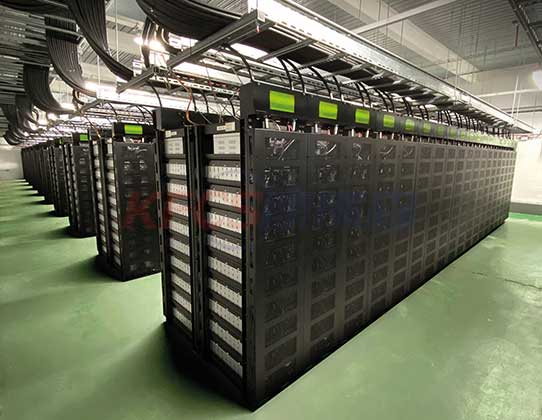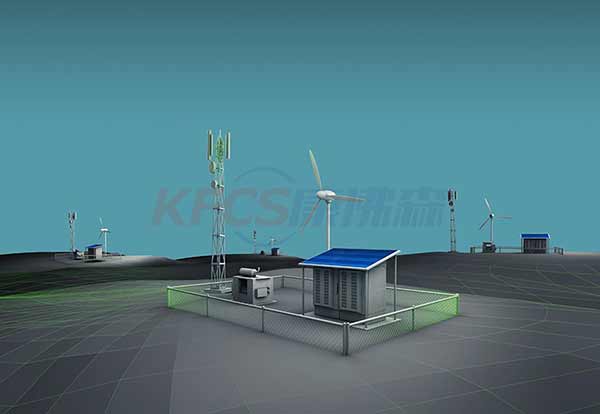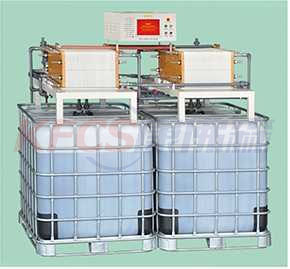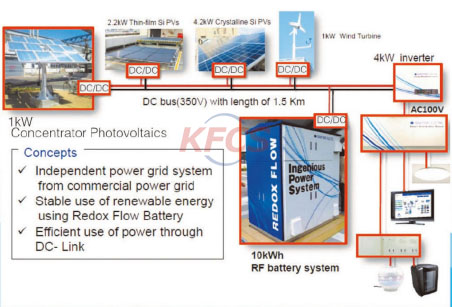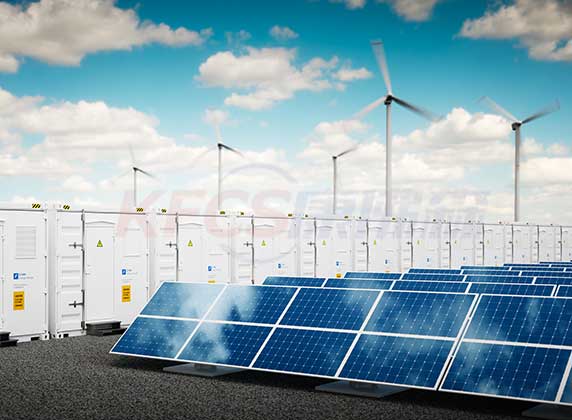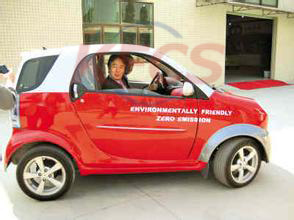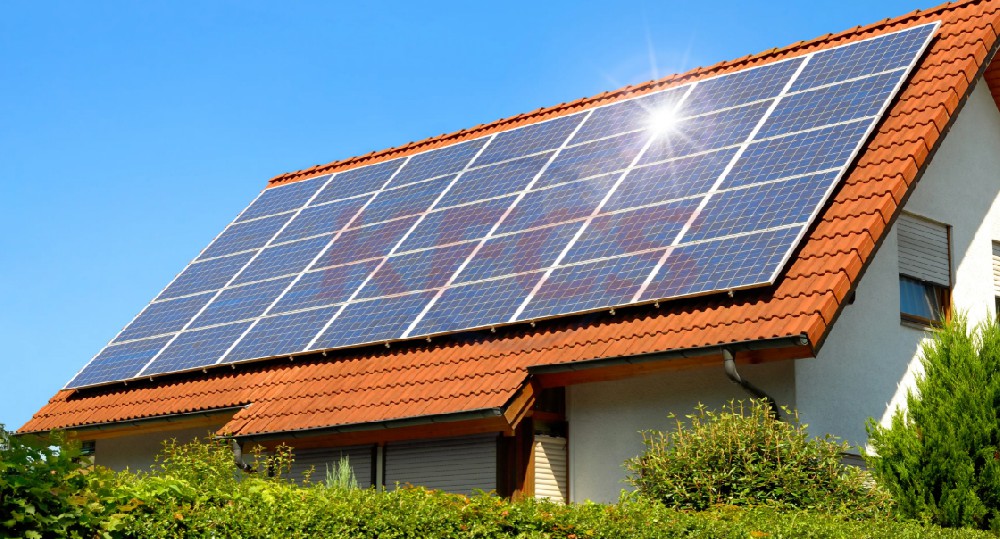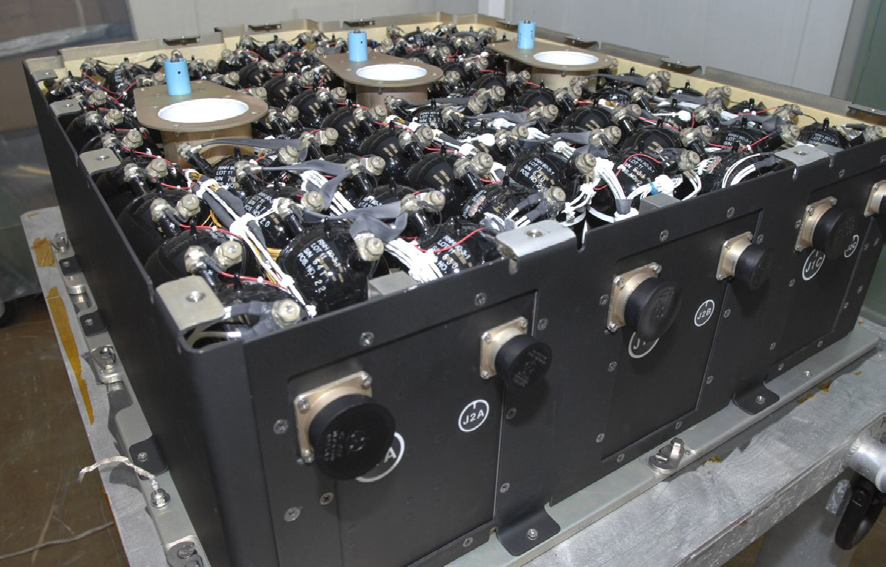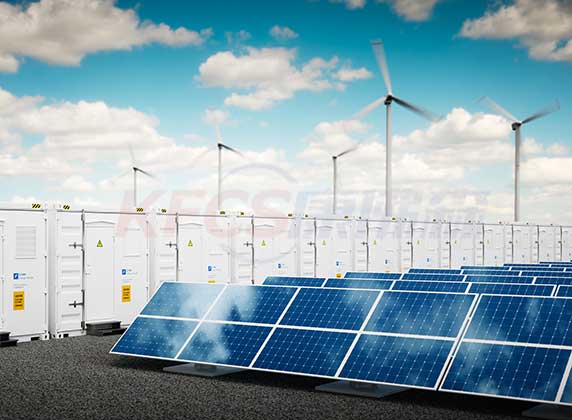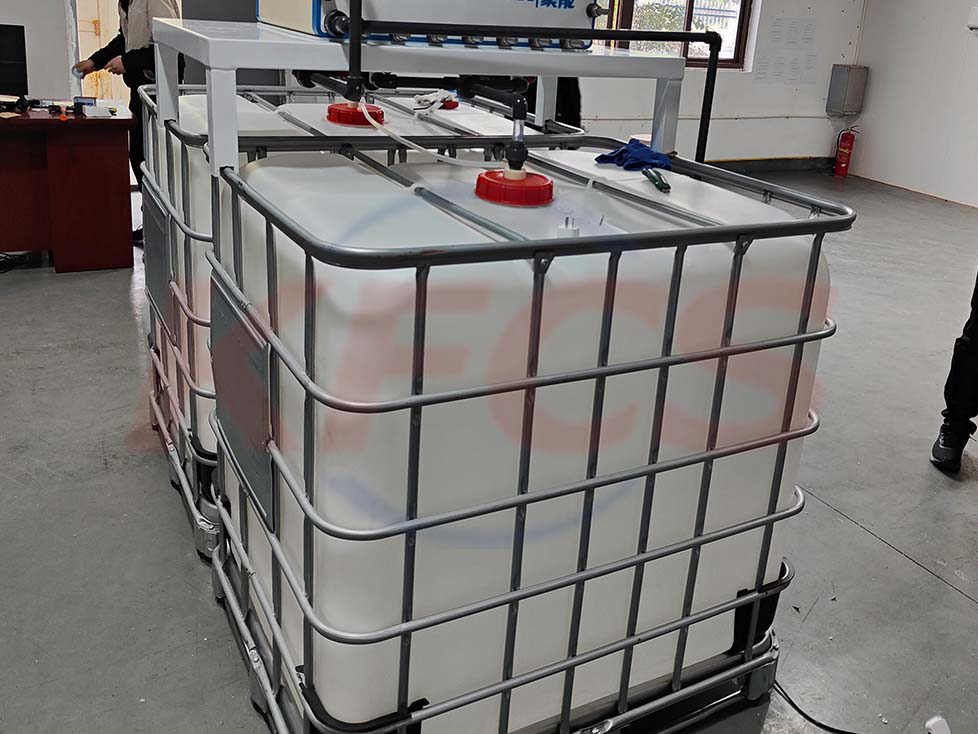With the increase of energy storage time, alternative technologies "may be difficult to compete with lithium ions"
With the increase of energy storage time, alternative technologies "may be difficult to compete with lithium ions"
Haresh kamath of the Electric Power Research Institute said that with the improvement of longer energy storage time of lithium-ion batteries, such as 24 hours, it may be difficult for long-term energy storage (ldes) technology to compete with lithium-ion batteries in the next decade.
When the market becomes a hot topic about when long-term energy storage products, including liquid flow batteries such as inviity energy system and essinc, will take off, the lithium-ion battery energy storage system (BESS) will continue to be launched in 4 hours, 6 hours or even 8 hours.
"They can, and then they may. As the cost of lithium ions decreases, I expect this number (duration) to decrease. By the end of the century, I think we will even be cost-effective in a 24-hour duration if necessary." Kamath said.
"My feeling is that many other proposed energy storage systems have not reached their price targets, and they certainly have not reached their targets in terms of maturity. Therefore, they will struggle to compete with lithium ions in the next decade."
"The only way to really make them successful is that they have to be able to provide longer time than lithium-ion batteries. It can't be eight hours; they have to be competitive in 20 or 50 hours, and once these numbers are reached, lithium-ion batteries are difficult to compete with them."
Because the unit cost of lithium ion Bess increases proportionally with the increase of system duration, larger systems are very expensive at present.
For battery technologies with longer duration, such as vanadium flow and iron flow, the marginal increase of cost is greater with the extension of duration, so the cost is more competitive with the increase of system size.
Long term energy storage companies will agree with most of what kamath said. Larry zulch, chief executive of invity, told energy storage News, talking about long "working hours" will soon become redundant - soon, long hours will mean days, weeks or months of discharge.
Why didn't alternative technologies take off? This is related to the mechanism, cost and supervision of the market.
According to the long-term energy storage Committee established last year, alternative technologies need to take off. It claims that by 2040, ldes (long-term energy storage system) may deploy 1.5-2.5tw of power capacity worldwide: 8-15 times the total capacity deployed today. Although it acknowledges that the cost of ldes must be reduced by 60% to achieve cost optimization.
Kamath seems skeptical about these figures. "Overall, for me, long-term energy storage is a bit confusing because in my opinion, no one is sure it is necessary or what technology they use to meet it," he said.
"Those (long-term) companies follow the intuition that if you have a lot of renewable energy, why don't you want long-term storage. But I don't know whether the value proposition exists, and I don't know whether these proposed technologies can serve the value proposition, even if it exists."
He added that EPRI is doing a lot of research in this area and proving that its value proposition exists. Moreover, he is not a fanatic of lithium ion. He warned about the popularity of this chemical in fixed energy storage.
"Lithium ion batteries are becoming so popular and used in many different ways. It's interesting to watch the number of systems deployed grow rapidly and see how it all works."
"Especially because we don't have the data we want from these systems on how they work. We've installed a lot of systems, but it's not clear how often they are used or how far they are used. These data still don't exist, and it's very helpful for us to make the right investment."

